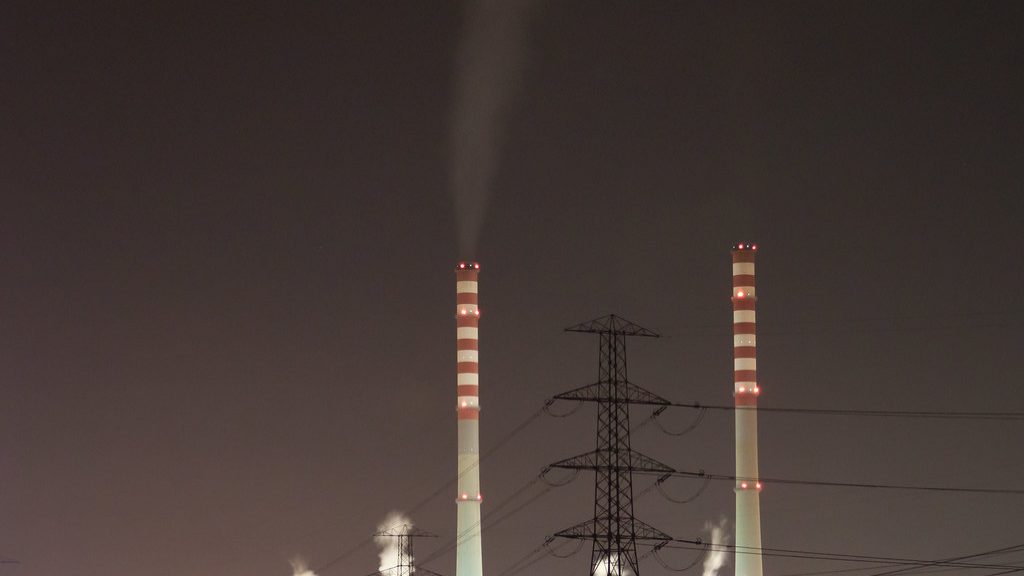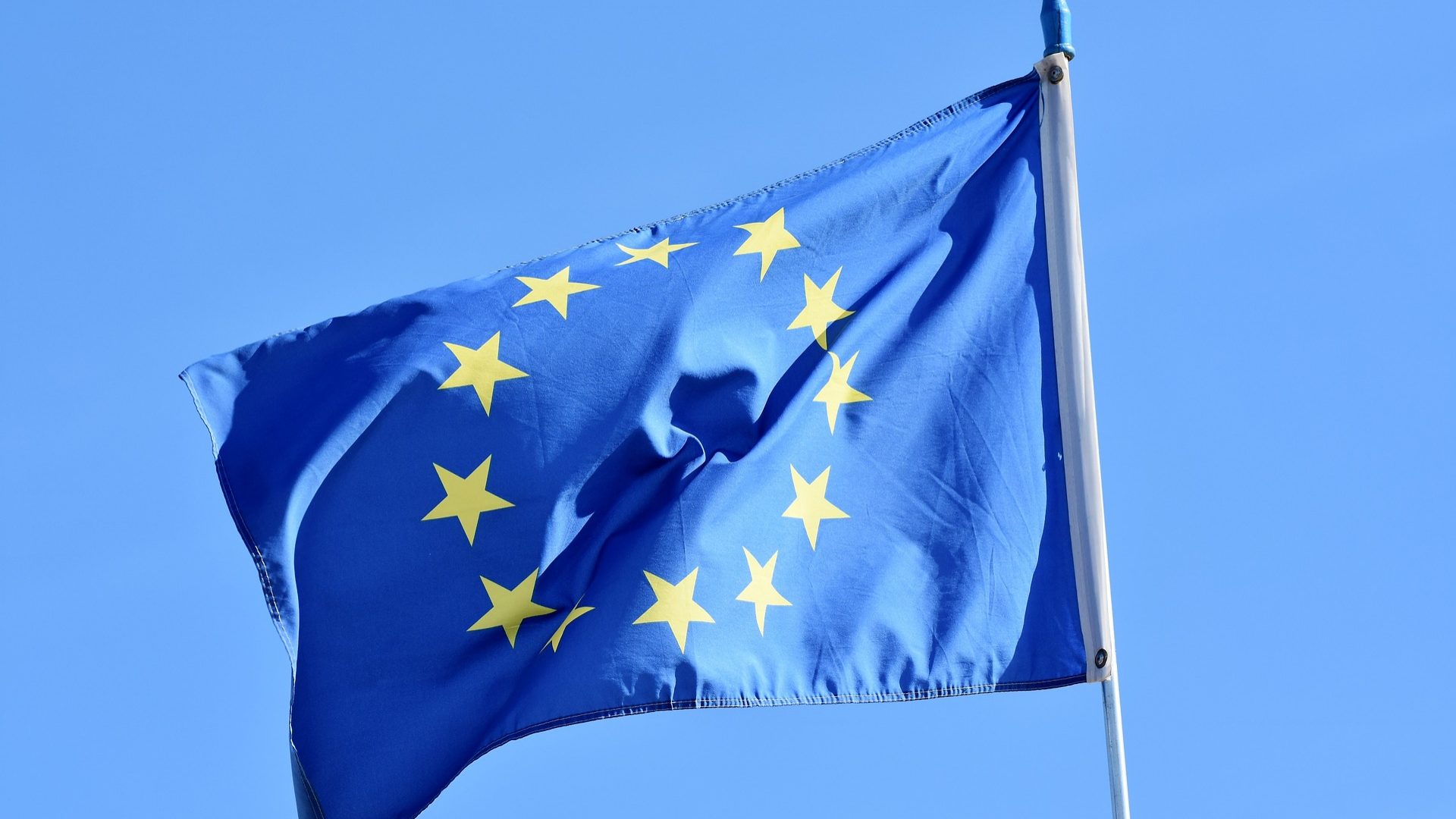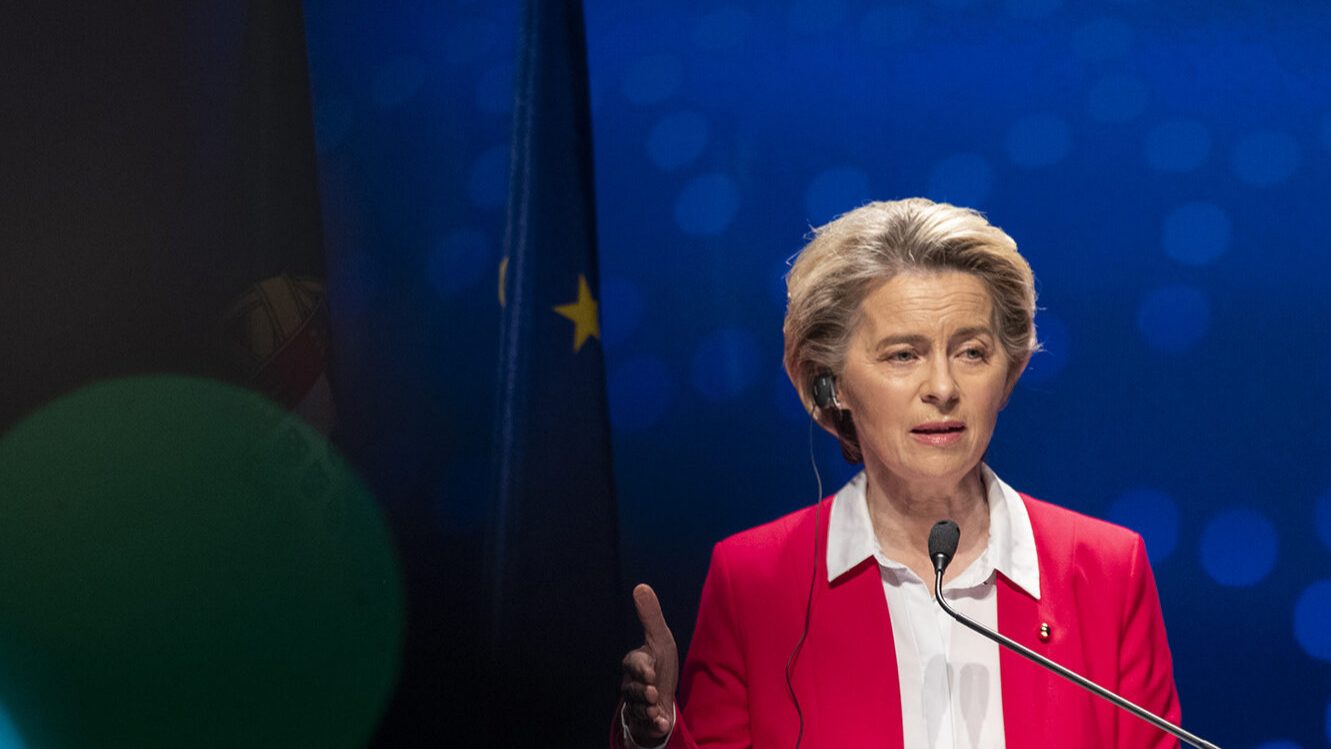Government ‘attentive’ to fuel price rises
The minister of economy, Siza Vieira, assured on Wednesday that the Portuguese government "is attentive" to the increase in fuel prices.
The government “is attentive” to the increase in fuel prices, assured the minister of economy, Siza Vieira, in parliament on Wednesday, adding that the rise is due to the carbon tax on petroleum products and not a government decision.
The Minister was speaking during a hearing at the parliamentary committee on Economy, Innovation, Public Works and Housing, in response to MPs who expressed concern about fuel prices and their impact on businesses and the economy.
Siza Vieira began by saying that the issue falls under the remit of the Ministry of the Environment, pointing out that “fuel taxes have not been changed”.
“It is true that the carbon tax that falls on petroleum products has been increasing in line with the market price, but there has been no decision by the Government this year, or in previous years, to increase taxation on fuel,” the minister said.
PSD deputy Afonso Oliveira insisted, however, that “it is up to the Government to make this decision” and said that the price of diesel in Portugal is currently 9.2% higher than in Europe and 16.8% higher than in Spain.
The PSD MP said that “trying to excuse it with environmental issues is not the answer”.
According to a study by the National Entity for the Energy Sector (ENSE) released today, the retailers’ margin at the end of June was 36.6% higher in petrol and 5% higher in diesel than the average margin practised in 2019.
“On Wednesday, June 30 2021, the margin found on petrol was higher than the average margin practised in 2019 by €0.069 (or +36.62%). In the case of diesel, the margin on the last day of June was 0.01 euros higher than the average margin for 2019 (or +5.08%),” ENSE, which is under the Ministry of Environment and Climate Action, announced today.
Citing the study “Analysis of the Evolution of Fuel Prices in Portugal”, the entity that oversees the fuel sector concludes that, “during the critical months of the pandemic, average retail prices fell at a clearly lower rate than the decline in reference prices,” which means that “the retailers’ margins thus reached, in 2020, maximums of the period under analysis”.
In petrol, the retailers’ margin reached 36.8 cents per litre (cts/l) on March 23, and in diesel, 29.3 cts/l on March 16.
Gross margins for retailers consist of the difference between the average retail price and the reference price, which is calculated daily by ENSE and makes it possible to determine the price of fuel on leaving the refinery.
Marketing prices result from the free setting of the market and vary from service station to service station and from brand to brand, ENSE said.
The body that oversees the fuel sector carried out an analysis of price trends and concluded that “average retail prices are at two-year highs for all fuels,” an increase that “is more justified by the increase in prices before tax and gross margins than by the increase in taxation.


